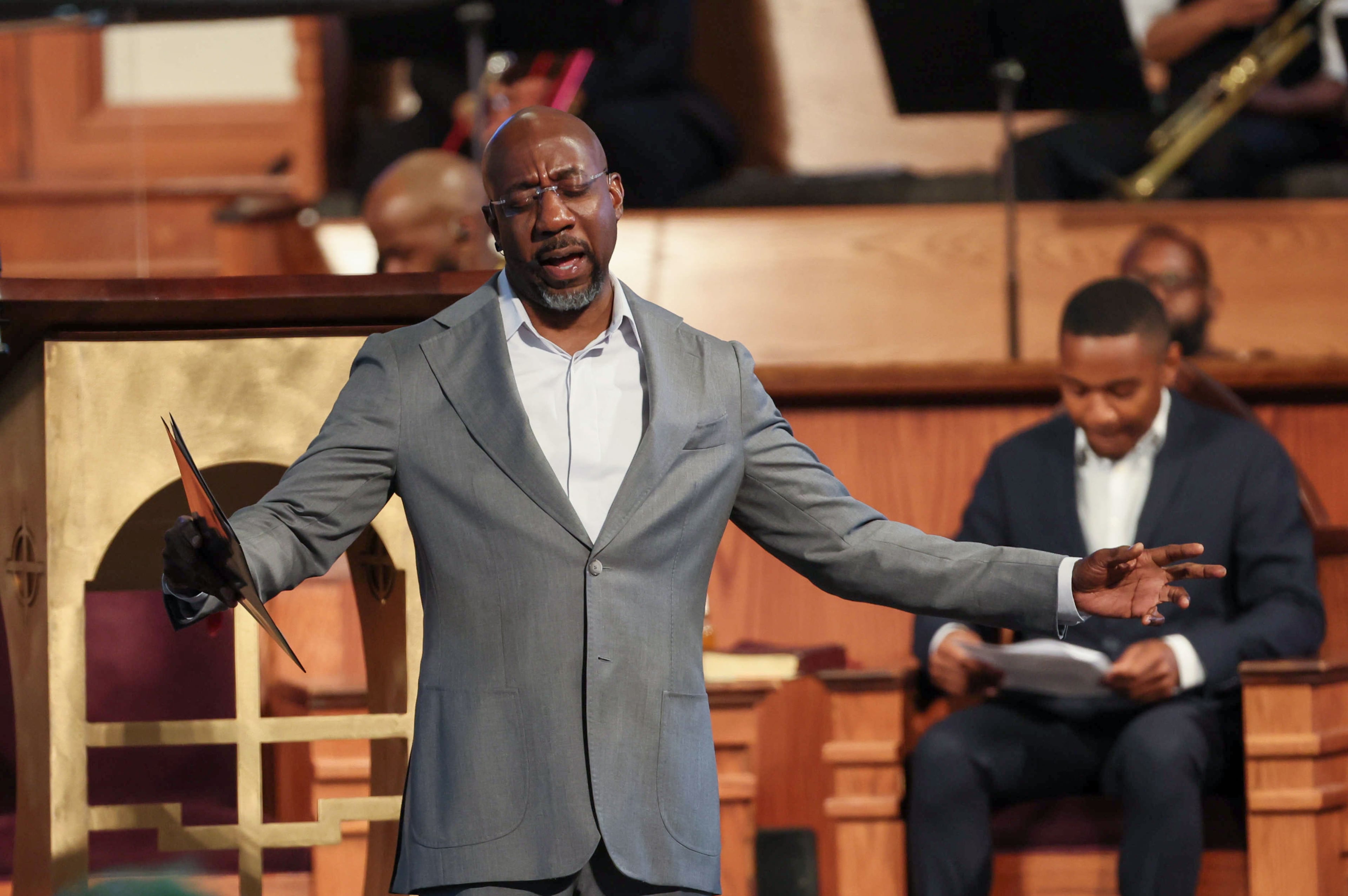The value of teachers is greater than their salaries

Like many of the politicians who voted for it, I haven’t read the One Big Beautiful Bill Act. But I’ve read plenty about it.
I’ll address one aspect of the act that concerns me as an educator who believes that educators’ salaries do not reflect their value to society. The bill links federal funding in universities to their degree programs’ record of generating income for their graduates. By that measure, professions like teaching are considered to be low-value.
I’m not alone in wondering why a person’s value can be reduced to their salary. The Council for Christian Colleges & Universities wrote last month that “The emphasis on earnings as a measure of value risks penalizing students who pursue lower-paying public service roles—many of whom do so out of a deep sense of faith and calling.”
I’m not religious, but often find myself aligned with religious perspectives that emphasize human value over monetary value. I admire Jesus as the guy who advocated persistently for the souls of all people, with a special emphasis on the impoverished and downtrodden. Per Matthew 21:12-13, “Jesus entered the temple courts and drove out all who were buying and selling there. He overturned the tables of the money changers and the benches of those selling doves. ‘It is written,’ he said to them, ‘My house will be called a house of prayer,’ but you are making it ‘a den of robbers.’”
Yet those wealth seekers and hoarders are now society’s exemplars in OBBBA.

As Esau McCaulley wrote in The New York Times: “For the Christian, there are higher goods than money, including service and care for those in need. Paul makes this point in the very letter that [House Speaker Michael] Johnson quoted [in endorsing OBBBA]. The apostle said, ‘For you know the grace of our Lord Jesus Christ, that though he was rich, yet for your sake he became poor.’”
McCaulley notes how many devout Christians “often go into social work and the nonprofit sector. The idea that Christian colleges might be punished for encouraging their students to follow in the example of Christ while rewarding colleges that do not is deeply troubling.”
Many Georgia teachers are observant Christians of great devotion. They have undertaken a teaching career as a way to realize Christ’s grace and passion for lifting up society. They do so knowing that their income will always be low. But the return on their investment is not monetary. Operating from a stance of humility and not greed, they seek to create riches in the human condition, not their personal bank accounts.
Many Georgia teachers are also not Christians. They might adhere to other faiths, or no faith at all, like me. My own motivation for entering teaching in the 1970s was not financial. It was about intellectual stimulation for me and my students, relationships designed to encourage a pathway to the future, the enjoyment of being around young people and their wackiness, the collegiality of invigorating colleagues, and other returns that a spreadsheet can never show.
My move to university teaching actually involved a healthy pay cut. I moved from a position of seniority in a Chicago-area high school, to the lowest rung on the salary ladder as a new assistant professor. My move to universities followed from my realization that I could do the research and writing required to succeed in a publish-or-perish environment, and my recognition as a graduate student that that’s how I wanted to spend the rest of my work life. Not only that, I could still be a teacher, if not of high school kids, of young adults and of older students in graduate programs.
I wouldn’t get rich, but I’d spend my days doing things I loved doing and, ideally, stimulate my students’ and readers’ thinking along the way. I might even help make society a better place for all of its citizens, not just the financially elect rewarded by OBBBA.
Jesus, Mohammed, Buddha, and others were great teachers. None was rich; indeed, each repudiated wealth. As reported in Matthew 19:24, “It is easier for a camel to go through a needle’s eye, than for a rich man to enter into the kingdom of God.” Yet according to the people who voted for OBBBA, the rich will ride that camel straight into heaven, while the teachers, nurses, and social workers can only follow with a shovel. I can’t imagine that humanity’s great moral leaders are celebrating.
Peter Smagorinsky is a retired professor at The University of Georgia.


